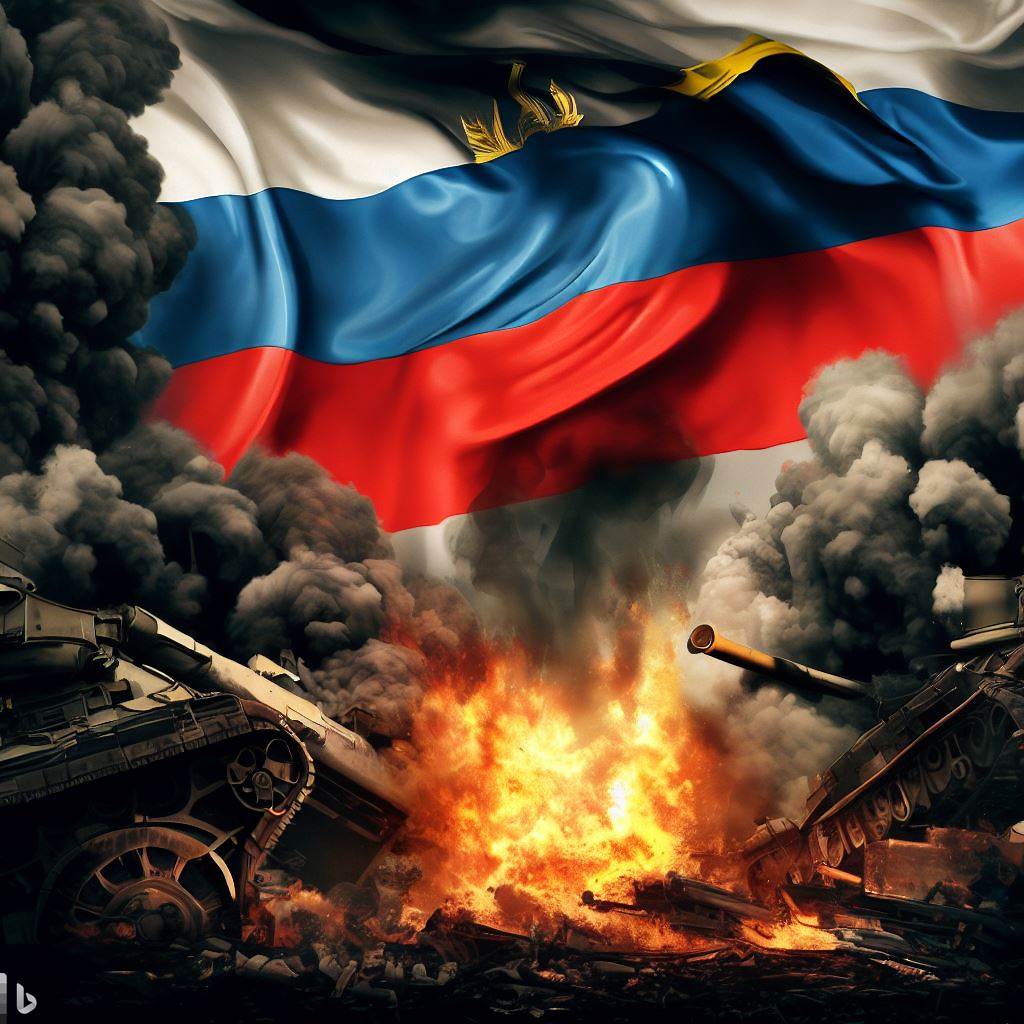Political and Diplomatic Failures in the Russia-Ukraine Crisis
The Russia-Ukraine crisis is a complex and multifaceted conflict with a long history. However, there are a number of political and diplomatic failures that can be identified as contributing factors to the current crisis. The Russia-Ukraine crisis, which unfolded in 2014 and continues to simmer today, has had significant political and diplomatic implications for both countries and the broader international community. Tensions between Russia and Ukraine escalated rapidly, resulting in the annexation of Crimea by Russia and a protracted conflict in eastern Ukraine. In this article, we will delve into the political and diplomatic failures that have characterized this crisis, examining the missteps and missed opportunities that have hindered the resolution of the conflict.
- Failure of Diplomacy and Dialogue:
One of the most glaring failures in the Russia-Ukraine crisis has been the inability to achieve meaningful diplomatic solutions through dialogue. Despite numerous rounds of negotiations and diplomatic efforts, including the Minsk agreements in 2014 and 2015, the conflict has remained largely unresolved. The lack of progress can be attributed to the deep-rooted distrust between the parties involved, coupled with the failure to enforce the agreed-upon ceasefires and maintain a sustainable peace process.
- Lack of International Consensus:
Another significant failure has been the inability of the international community to form a united front and exert effective pressure on Russia to de-escalate the situation. While some countries have imposed sanctions on Russia, others have taken a more cautious approach due to economic or strategic considerations. This lack of a unified response has undermined the credibility and effectiveness of international efforts to address the crisis, allowing Russia to maintain its aggressive stance without facing significant consequences.
- Disregard for Sovereignty and International Norms:
Russia’s annexation of Crimea in 2014 violated the fundamental principles of state sovereignty and territorial integrity enshrined in international law. This blatant disregard for established norms has had far-reaching implications, not only for Ukraine but for the entire international order. By annexing Crimea, Russia set a dangerous precedent that could potentially embolden other nations to pursue similar actions, undermining the stability of the global political landscape.
- Failure to Address Root Causes and Address Grievances:
The Russia-Ukraine crisis is deeply rooted in historical, cultural, and geopolitical complexities. However, a failure to address the underlying grievances and aspirations of the Ukrainian people, particularly those in Crimea and eastern Ukraine, has perpetuated the conflict. A lack of inclusive political processes, socioeconomic disparities, and the marginalization of certain communities have contributed to a sense of disillusionment and alienation, further fueling the separatist movements and undermining efforts for reconciliation.
- Propaganda and Disinformation:
The Russia-Ukraine crisis represents a failure of political and diplomatic efforts to de-escalate tensions and find a sustainable resolution. The lack of meaningful dialogue, the absence of a unified international response, and the disregard for international norms have contributed to the perpetuation of the conflict. To achieve lasting peace, it is crucial for all parties involved to prioritize diplomacy, address root causes, and engage in genuine efforts to rebuild trust. Only through a concerted and inclusive approach can the political and diplomatic failures of the Russia-Ukraine crisis be overcome and pave the way for a peaceful future.
The United States and its allies failed to adequately engage with Russia during the early stages of the crisis. In 2014, Russia annexed Crimea from Ukraine, and the United States and its allies imposed sanctions on Russia. However, these sanctions did not appear to deter Russia from further aggression, and the United States and its allies did not take any further steps to prevent Russia from further destabilizing Ukraine.
The United States and its allies failed to build a strong relationship with Ukraine. Ukraine is a key strategic partner for the United States and its allies, but the United States has often been hesitant to provide Ukraine with the support it needs to defend itself against Russia. This has led to frustration and resentment in Ukraine, and it has made it more difficult for the United States and its allies to build a strong relationship with Ukraine.
The United States and its allies failed to effectively communicate with Russia about their concerns. The United States and its allies have repeatedly accused Russia of planning to invade Ukraine, but Russia has denied these claims. This has led to a great deal of confusion and distrust between the United States and Russia, and it has made it more difficult for the two sides to find a diplomatic solution to the crisis.
The United States and its allies failed to take into account the concerns of Russia. Russia has long been concerned about the expansion of NATO into Eastern Europe, and it sees Ukraine as a buffer state between Russia and NATO. The United States and its allies have ignored Russia’s concerns, and this has contributed to the current crisis.
The United States and its allies failed to act decisively to prevent Russia from invading Ukraine. In the weeks leading up to the invasion, the United States and its allies warned Russia of severe consequences if it invaded Ukraine. However, these warnings did not appear to deter Russia, and the United States and its allies did not take any military action to prevent the invasion.
The Russia-Ukraine crisis is a tragedy that has caused great suffering for the people of Ukraine. The political and diplomatic failures that have contributed to the crisis are a lesson for all of us. We must learn from our mistakes and work together to prevent future crises. Both Russia and Ukraine have engaged in the use of propaganda and disinformation campaigns to shape public opinion and advance their respective narratives. This information war has further deepened divisions, fueled hatred, and hindered efforts to foster understanding and dialogue. The dissemination of false or distorted information has eroded trust and complicated the search for common ground, making a peaceful resolution even more challenging to achieve.
